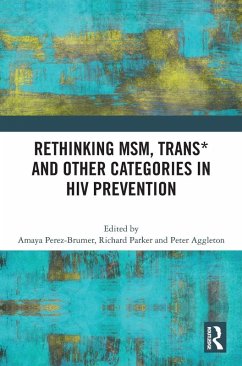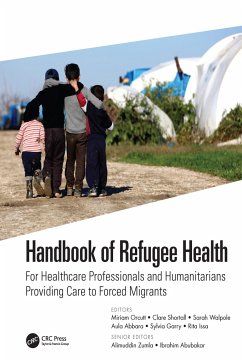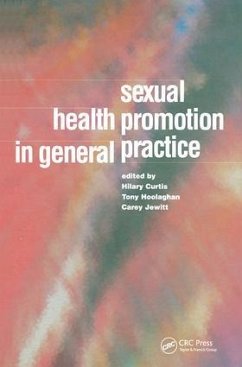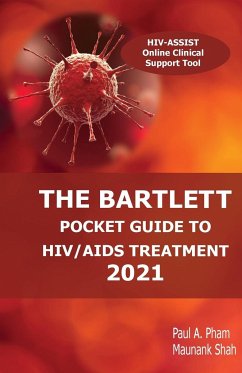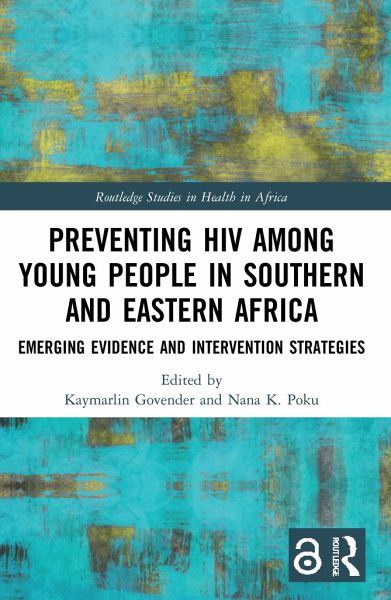
Preventing HIV Among Young People in Southern and Eastern Africa
Emerging Evidence and Intervention Strategies
Herausgegeben: Govender, Kaymarlin; Poku, Nana

PAYBACK Punkte
23 °P sammeln!
This book provides an overview of the current epidemiology of the HIV epidemic among young people in Eastern and Southern Africa (ESA) and examines the efforts to confront and reduce the high level of new HIV infections amongst young people.Taking a multi-dimensional approach to prevention, the contributors discuss the many challenges facing these efforts, in view of the slow progress in curbing the incidence of HIV amongst young people, focusing particularly on the structural and social drivers of HIV. Through an examination of these issues, chapters in this book provide valuable insights on ...
This book provides an overview of the current epidemiology of the HIV epidemic among young people in Eastern and Southern Africa (ESA) and examines the efforts to confront and reduce the high level of new HIV infections amongst young people.
Taking a multi-dimensional approach to prevention, the contributors discuss the many challenges facing these efforts, in view of the slow progress in curbing the incidence of HIV amongst young people, focusing particularly on the structural and social drivers of HIV. Through an examination of these issues, chapters in this book provide valuable insights on how to mitigate HIV risk among young people and what can be regarded as the catalysts to mounting credible policy and programmatic responses required to achieve epidemic control in the region. The contributors draw on examples from a range of primary and secondary data sources to illustrate promising practices and challenges in HIV prevention, demonstrating links between conceptual approaches to prevention and lessons learnt from implementation projects in the region.
Bringing together social scientists and public health experts who are actively engaged in finding effective solutions, the book discusses 'which interventions works', 'why they work', and the limitations and gaps in our knowledge to curb the pandemic amongst young people. As such it is an important read for researchers focusing on HIV/AIDS and public health.
The Open Access version of this book, available at https://www.taylorfrancis.com/books/e/10.4324/9780429462818 has been made available under a Creative Commons Attribution-Non Commercial-No Derivatives 4.0 license.
Taking a multi-dimensional approach to prevention, the contributors discuss the many challenges facing these efforts, in view of the slow progress in curbing the incidence of HIV amongst young people, focusing particularly on the structural and social drivers of HIV. Through an examination of these issues, chapters in this book provide valuable insights on how to mitigate HIV risk among young people and what can be regarded as the catalysts to mounting credible policy and programmatic responses required to achieve epidemic control in the region. The contributors draw on examples from a range of primary and secondary data sources to illustrate promising practices and challenges in HIV prevention, demonstrating links between conceptual approaches to prevention and lessons learnt from implementation projects in the region.
Bringing together social scientists and public health experts who are actively engaged in finding effective solutions, the book discusses 'which interventions works', 'why they work', and the limitations and gaps in our knowledge to curb the pandemic amongst young people. As such it is an important read for researchers focusing on HIV/AIDS and public health.
The Open Access version of this book, available at https://www.taylorfrancis.com/books/e/10.4324/9780429462818 has been made available under a Creative Commons Attribution-Non Commercial-No Derivatives 4.0 license.





